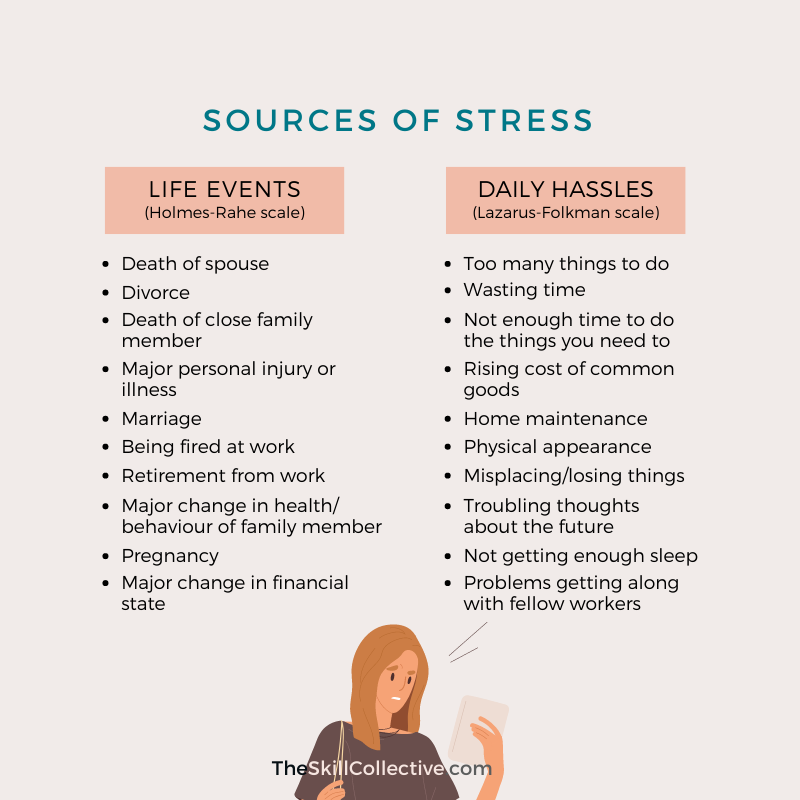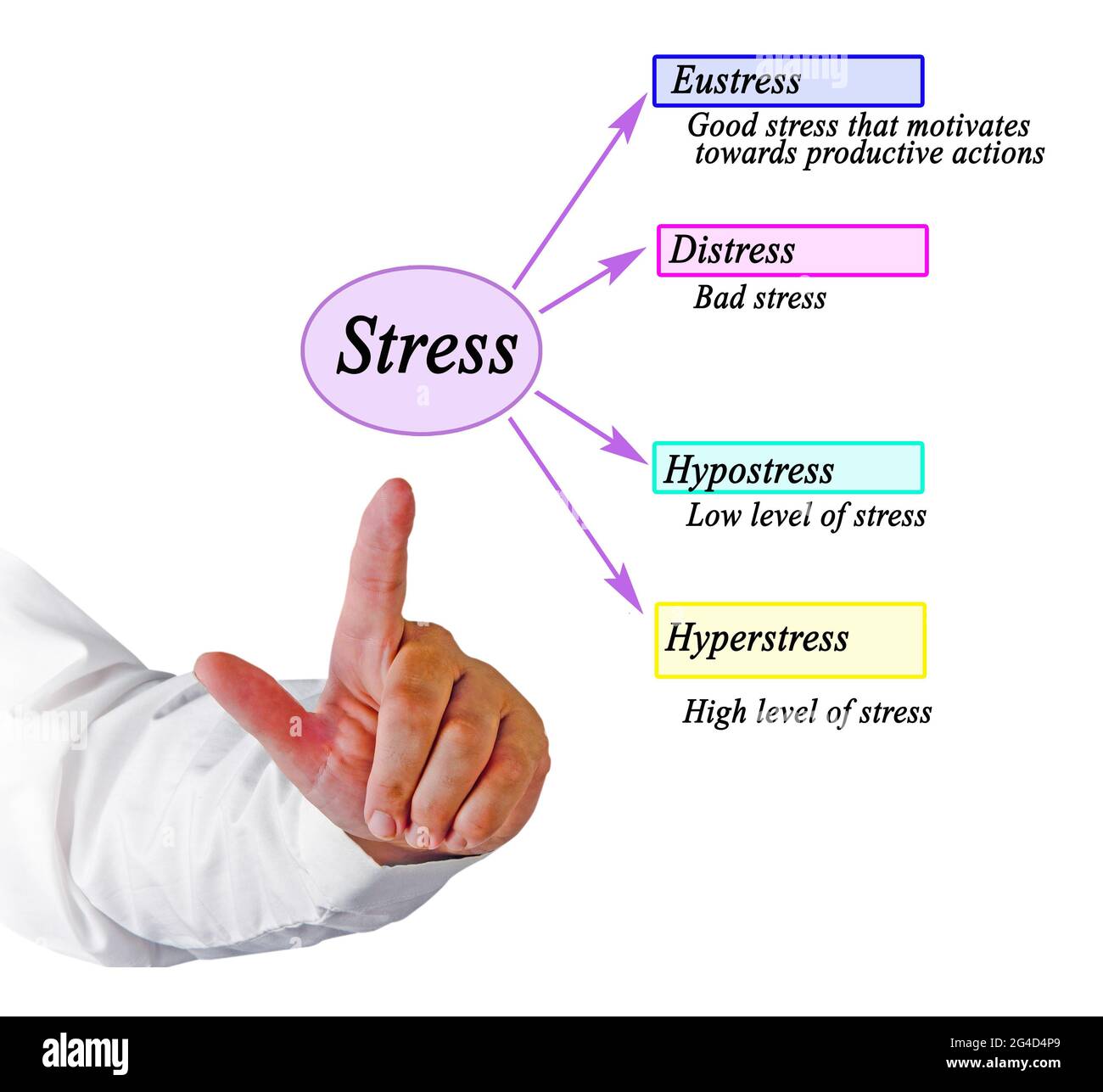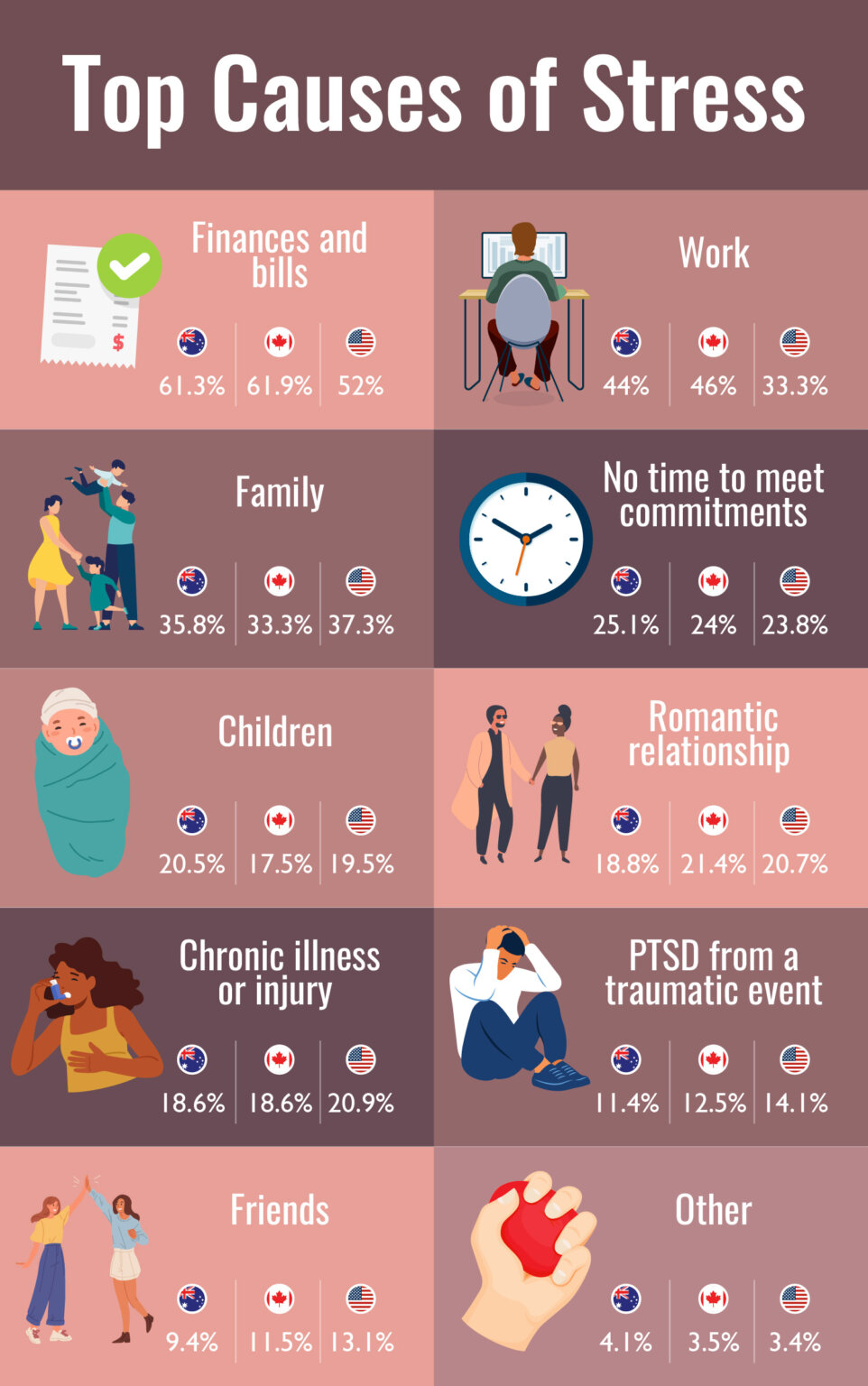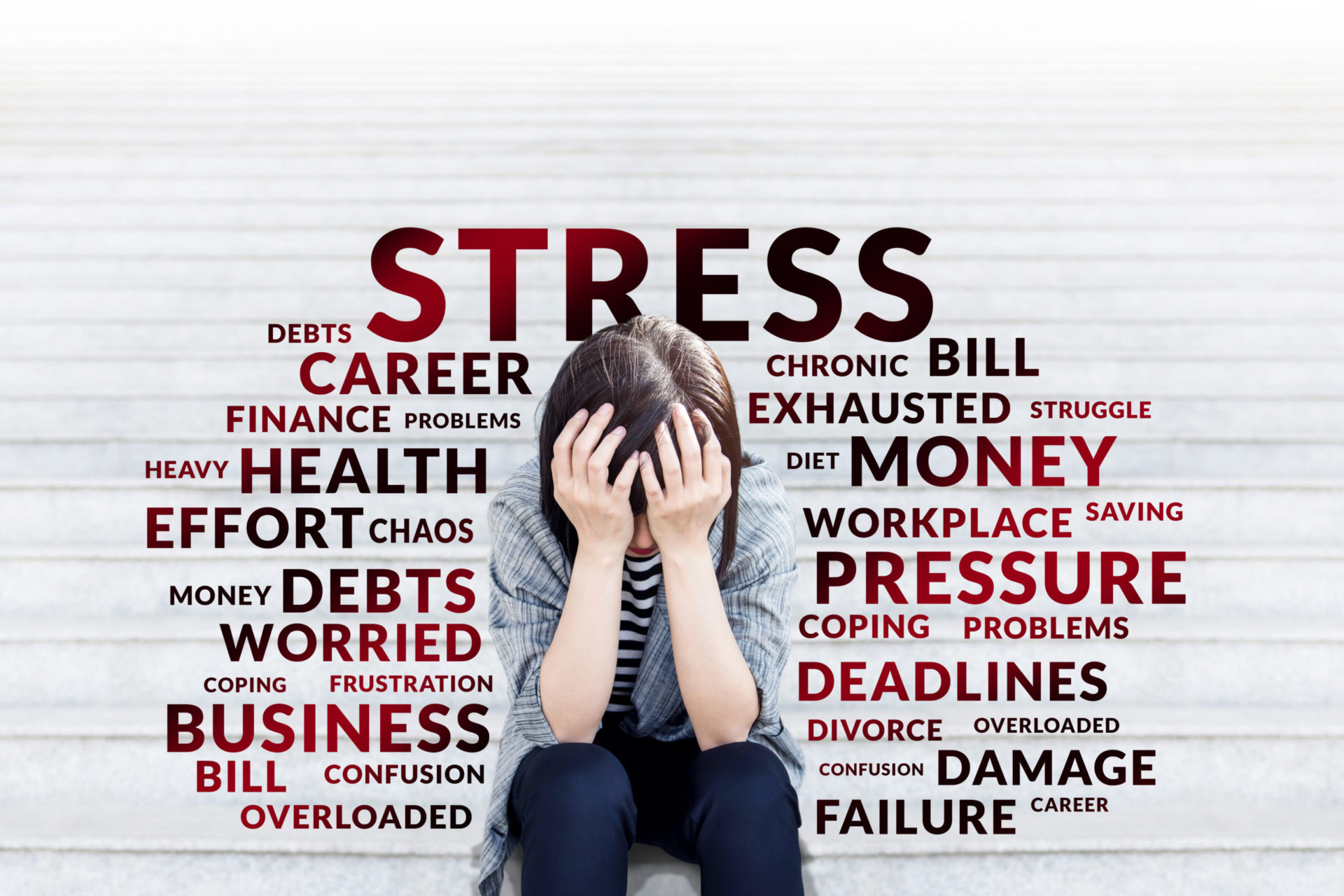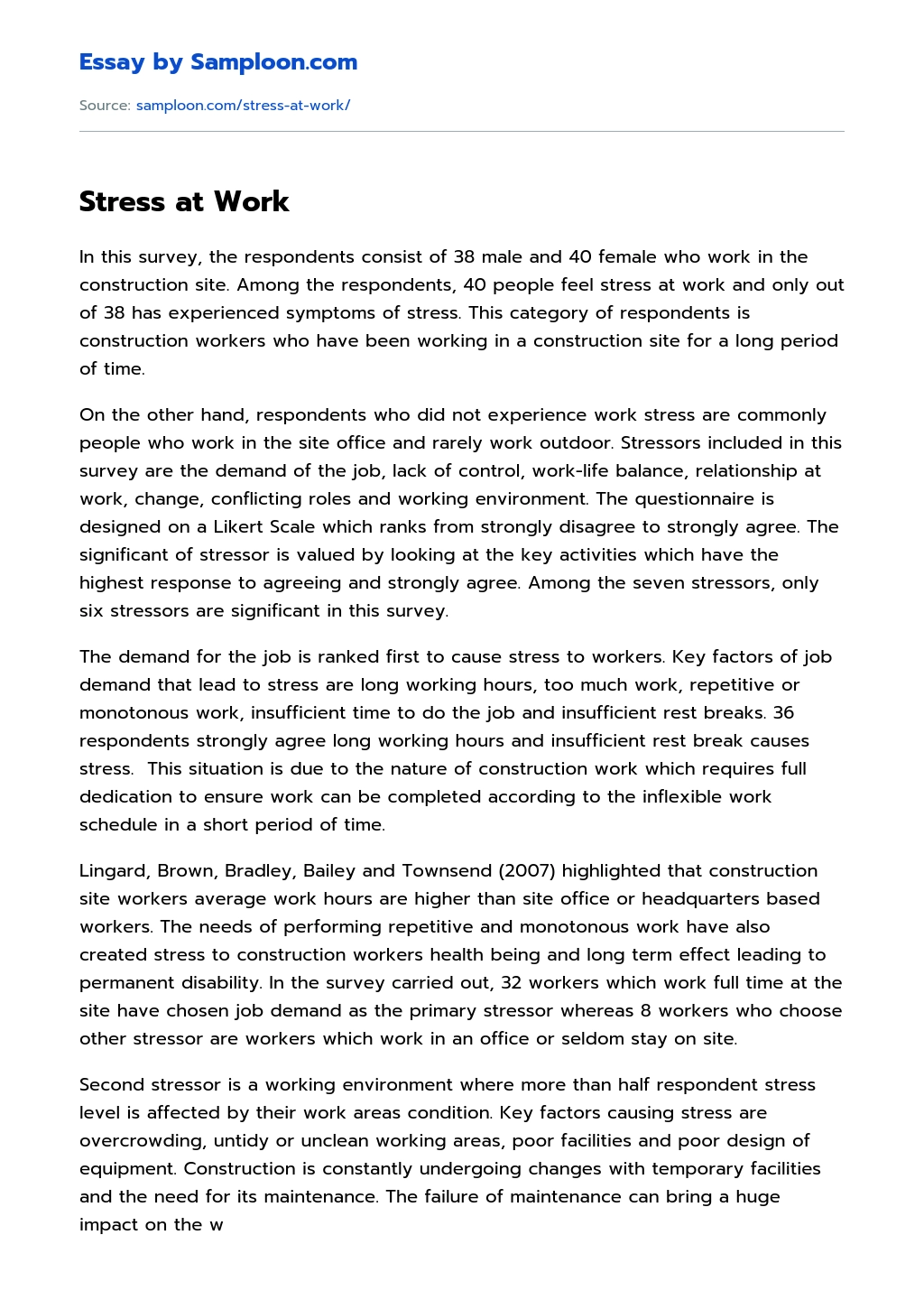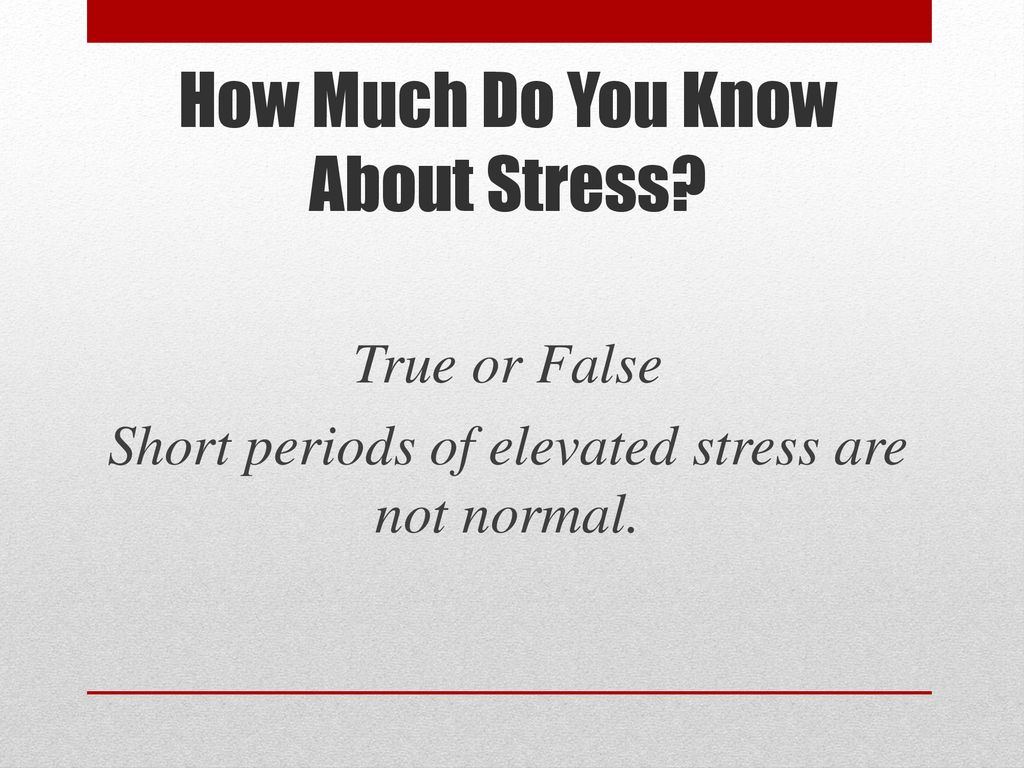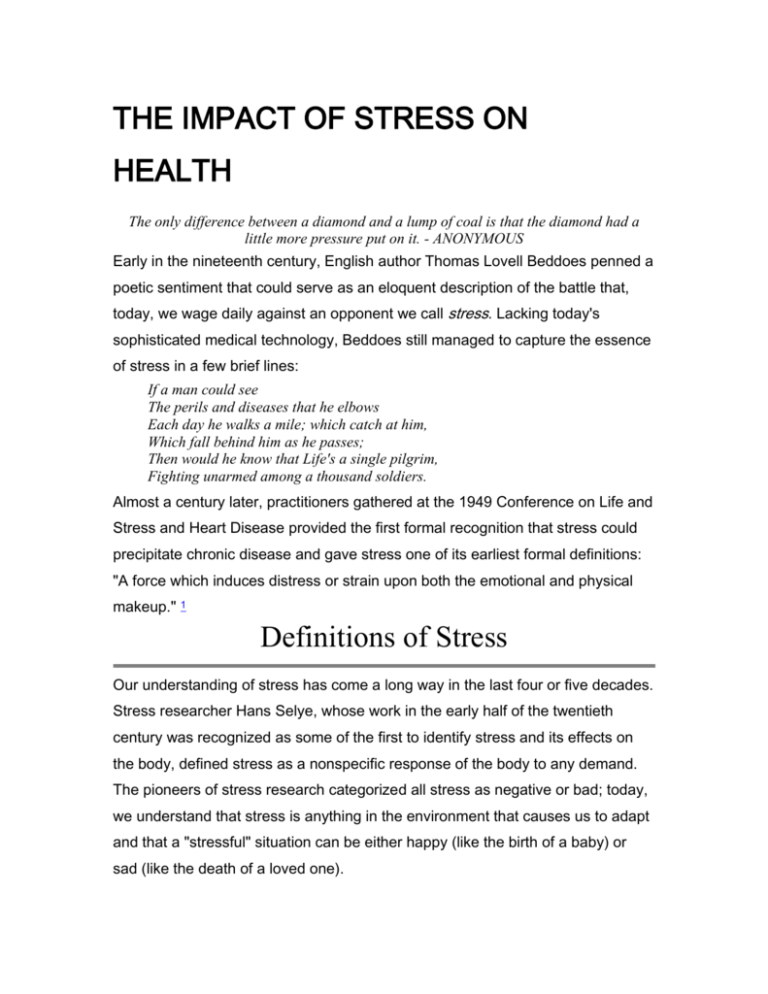Which Statement About Stress Is The Most Accurate

Stress. It's a ubiquitous part of modern life, often portrayed as a relentless enemy chipping away at our well-being. But which popular saying about stress truly reflects the complex reality of how it affects us? Is it about avoidance, management, or something deeper altogether?
This article delves into the science behind stress, dissecting several common statements to determine which holds the most weight. We'll explore research from leading health organizations and psychological experts to understand the multifaceted nature of stress and its impact on our minds and bodies. Our goal is to cut through the noise and provide a clear, evidence-based understanding of this essential element of human experience.
Defining Stress: Beyond the Buzzword
Before evaluating common statements, it's crucial to establish a working definition of stress. According to the American Psychological Association (APA), stress is a physical or emotional response to events that threaten or challenge us. These events, known as stressors, can range from minor daily hassles to major life events.
Stress isn't inherently negative. It can be a powerful motivator and a key component of survival. However, when stress becomes chronic or overwhelming, it can take a significant toll on our health.
Statement 1: "Stress is Always Bad"
This statement, while pervasive, is demonstrably false. The concept of "eustress" highlights the positive aspects of stress. Eustress motivates us to achieve goals, overcome challenges, and perform at our best.
For instance, the stress experienced before a presentation can sharpen focus and enhance performance. Even moderate levels of stress can boost immune function and improve cognitive abilities, according to some studies. This makes the notion that stress is inherently damaging demonstrably false.
Statement 2: "Avoid Stress at All Costs"
Complete avoidance of stress is not only unrealistic but also detrimental. Life inherently involves challenges and change, which inevitably trigger stress responses. Furthermore, attempting to avoid all stress can lead to isolation and missed opportunities for personal growth.
The National Institute of Mental Health (NIMH) emphasizes the importance of developing healthy coping mechanisms rather than solely focusing on avoidance. By facing challenges head-on, we build resilience and develop problem-solving skills, which reduces the negative impact of future stressors.
Statement 3: "It's Not Stress That Kills Us, It Is Our Reaction To It"
This statement contains a significant element of truth. While the intensity and duration of stressors play a role, our individual responses significantly influence the impact on our health. Our perception and coping mechanisms are key in determining the health consequences of stress.
Individuals with effective coping strategies, such as exercise, mindfulness, or social support, tend to experience less negative health outcomes from stress compared to those who rely on maladaptive coping mechanisms, such as substance abuse or avoidance. Cognitive Behavioral Therapy (CBT), for example, focuses on changing thought patterns and behaviors to manage stress more effectively. Therefore, individual's reaction to it, is indeed, a key factor.
Statement 4: "What Doesn't Kill You Makes You Stronger"
While this phrase suggests that surviving stressful events inherently leads to greater resilience, the reality is more nuanced. The impact of stress on resilience depends heavily on individual characteristics, the nature of the stressor, and the availability of support systems. Post-traumatic growth (PTG) describes positive psychological change experienced as a result of adversity.
However, not everyone experiences PTG. Some individuals may develop post-traumatic stress disorder (PTSD) or other mental health conditions following a traumatic event. The World Health Organization (WHO) acknowledges that chronic or severe stress can overwhelm coping mechanisms and lead to long-term health problems, regardless of inherent strength. Therefore, this statement is an oversimplification.
The Most Accurate Statement: A Synthesis
Considering the available evidence, the statement that most accurately reflects the complexity of stress is a hybrid of statement 3 with statement 4. "It's not stress that necessarily harms us, but our reactions to it, and while some stressors can weaken us, developing healthy coping mechanisms can, in turn, make us more resilient."
This statement recognizes that while our reactions to stress are paramount, not all stress is beneficial, and support systems are important. It highlights the importance of cultivating resilience through proactive coping strategies. By focusing on managing our reactions and developing healthy habits, we can mitigate the negative impact of stress and even harness its potential for growth.
Looking Ahead: Cultivating Resilience
Understanding the nuanced relationship with stress empowers us to take control of our well-being. Future research should focus on identifying personalized coping strategies and interventions that promote resilience in diverse populations. By prioritizing mental and physical health, individuals can navigate the inevitable challenges of life with greater strength and adaptability.
Ultimately, the most accurate understanding of stress involves recognizing its potential for both harm and growth. It also recognizes how important our individual responses and strategies are for managing this inevitable part of life.

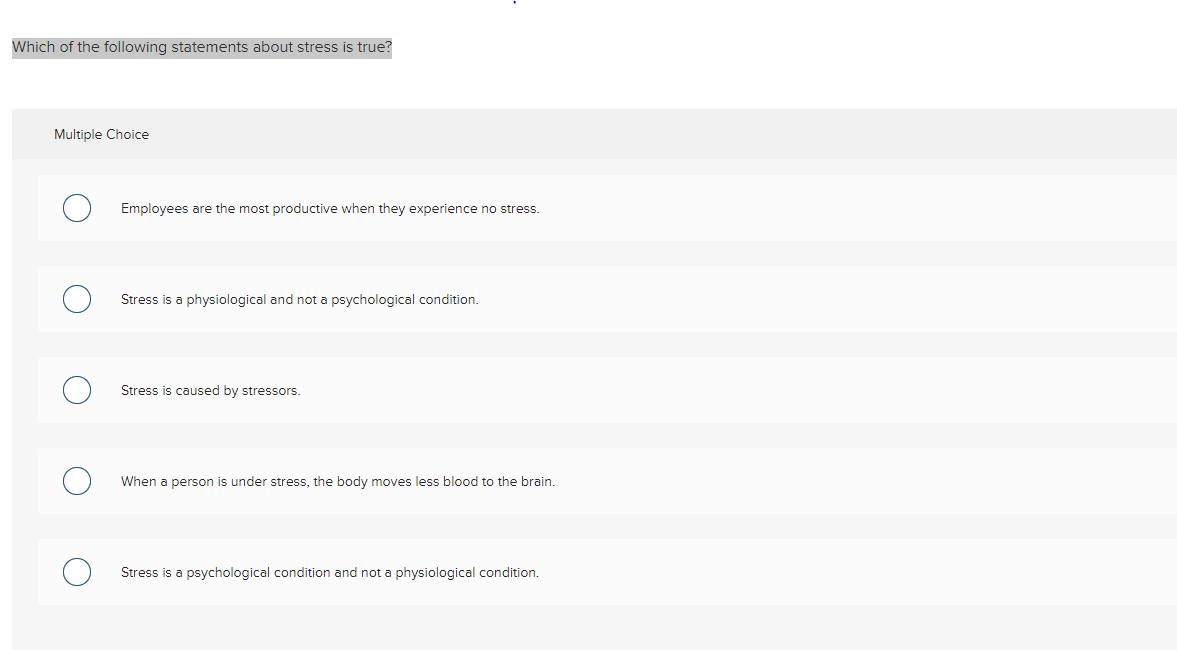
.jpg)
